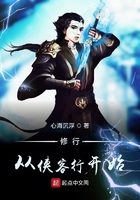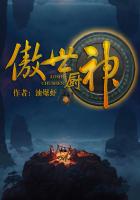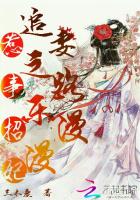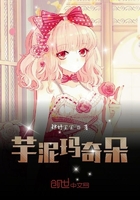Now,returning to the feasts.At three o'clock in the afternoon every one comes to the palace.They do not admit every one at once (they allowed us to go into the open part that is between the gates),but there go inside only the wrestlers and dancing-women,and the elephants,which go with their trappings and decorations,those that sit on them being armed with shields and javelins,and wearing quilted tunics.[443]As soon as these are inside they range themselves round the arena,each one in his place,and the wrestlers go close to the staircase which is in the middle of that building,where has been prepared a large space of ground for the dancing-women to wrestle.Many other people are then at the entrance-gate opposite to the building,namely Brahmans,and the sons of the King's favourites,and their relations;all these are noble youths who serve before the king.The officers of the household go about keeping order amongst all the people,and keep each one in his own place.The different pavilions are separated by doors,so that no one may enter unless he is invited.
Salvatinica,[444]who is the principal person that enters the building,supervises the whole,for he brought up the king and made him king,and so the king looks on him like a father.Whenever the king calls to him he addresses him as "Lord (SENHOR)Salvatinica,"and all the captains and nobles of the realm make salaam to him.This Salvatinica stands inside the arena where the festivals go on,near one of the doors,and from there gives the word for the admission of all the things necessary for the festival.
After all this is done and arranged the king goes forth and seats himself on the dais I have mentioned,where is the throne and the other things,and all those that are inside make their salaam to him.As soon as they have done this the wrestlers seat themselves on the ground,for these are allowed to remain seated,but no other,howsoever great a lord he be,except the king so commands;and these also eat betel,though none else may eat it in his presence except the dancing-women,who may always eat it before him.As soon as the king is seated in his place he bids to sit with him three or four men who belong to his race,and who are themselves kings and the fathers of his wives;the principal of these is the king of Syrimgapatao and of all the territory bordering on Malabar,and this king is called Cumarvirya,[445]and he seats himself as far in front as the king on the other side of the dais,the rest are behind.
There the king sits,dressed in white clothes all covered with (embroidery of)golden roses and wearing his jewels --he wears a quantity of these white garments,and I always saw him so dressed --and around him stand his pages with his betel,and his sword,and the other things which are his insignia of state.Many Brahmans stand round the throne on which rests the idol,fanning it with horsetail plumes,coloured,the handles of which are all overlaid with gold;these plumes are tokens of the highest dignity;they also fan the king with them.
As[446]soon as the king is seated,the captains who waited without make their entrance,each one by himself,attended by his chief people,and so on,all in order;they approach and make their salaams to the king,and then take their places in the pavilions (VERAMDAS)which I have previously described.As soon as these nobles have finished entering,the captains of the troops approach with shields and spears,and afterwards the captains of the archers;these officers are all stationed on the ground around the arena in front of the elephants,and they constitute the king's guard,for into such a place no man may enter bearing arms,nor near to where the king is.As soon as these soldiers have all taken their places the women begin to dance,while some of them place themselves in the circular galleries that I have said were (erected)at their gate of entrance.Who can fitly describe to you the great riches these women carry on their persons?--collars of gold with so many diamonds and rubies and pearls,bracelets also on their arms and on their upper arms,girdles below,and of necessity anklets on the feet.The marvel should be otherwise,namely that women of such a profession should obtain such wealth;but there are women among them who have lands that have been given to them,and litters,and so many maid-servants that one cannot number all their things.There is a woman in this city who is said to have a hundred thousand PARDAOS,[447]and I believe this from what I have seen of them.
Then the wrestlers begin their play.Their wrestling does not seem like ours,but there are blows (given),so severe as to break teeth,and put out eyes,and disfigure faces,so much so that here and there men are carried off speechless by their friends;they give one another fine falls too.They have their captains and judges,who are there to put each one on an equal footing in the field,and also to adjust the honours to him who wins.
In all this portion of the day nothing more is done than this wrestling and the dancing of the women,but as soon as ever the sun is down many torches are lit and some great flambeaux made of cloth;and these are placed about the arena in such a way that the whole is as light as day,and even along the top of the walls,for on all the battlements are lighted lamps,and the place where the king sits is all full of torches.As soon as these are all lit up there are introduced many very graceful plays and contrivances,but these do not stop long;they only approach where the king is and then go out.Then there enter others in other fashion,with battles of people on horseback;these horses are like the hobby-horses made in Portugal for the feast of the Corpo de Dios;others come with casting-nets,fishing,and capturing the men that are in the arena.When these amusements are ended,they begin to throw up many rockets and many different sorts of fires,also castles that burn and fling out from themselves many bombs (TIROS)and rockets.















